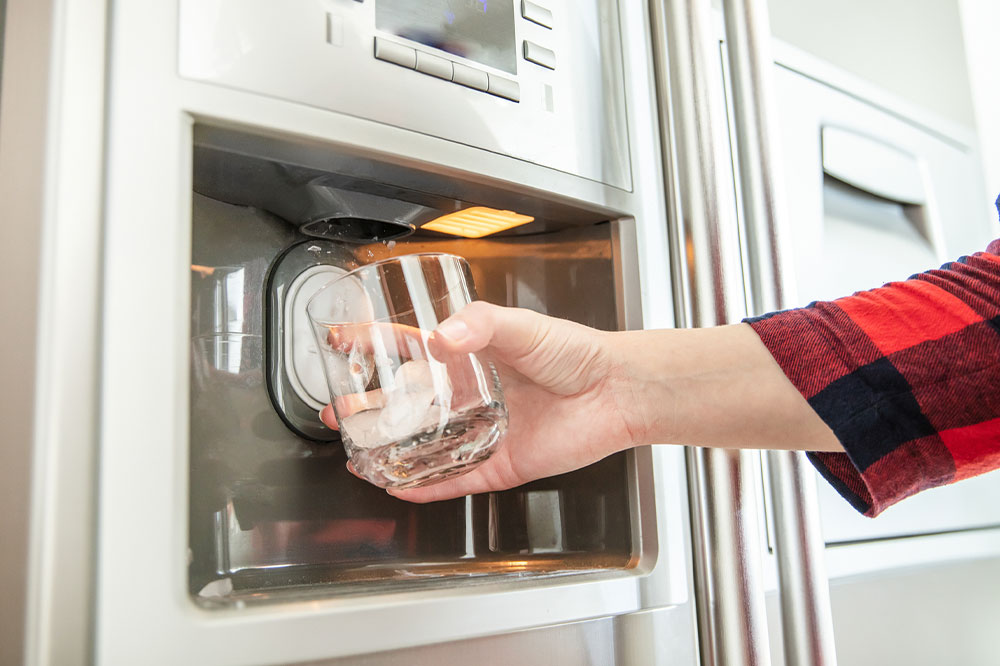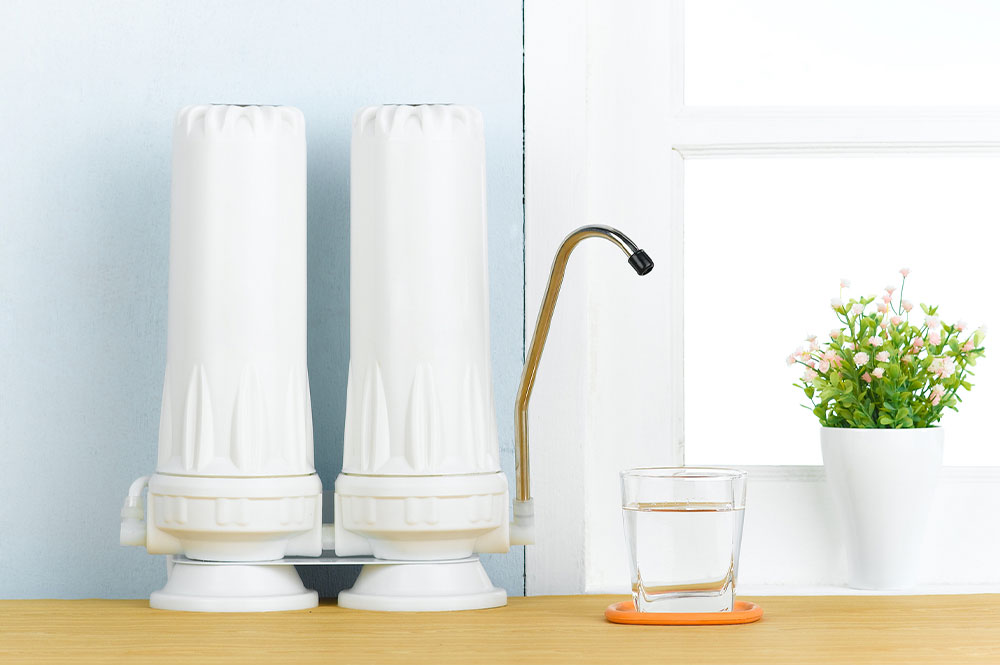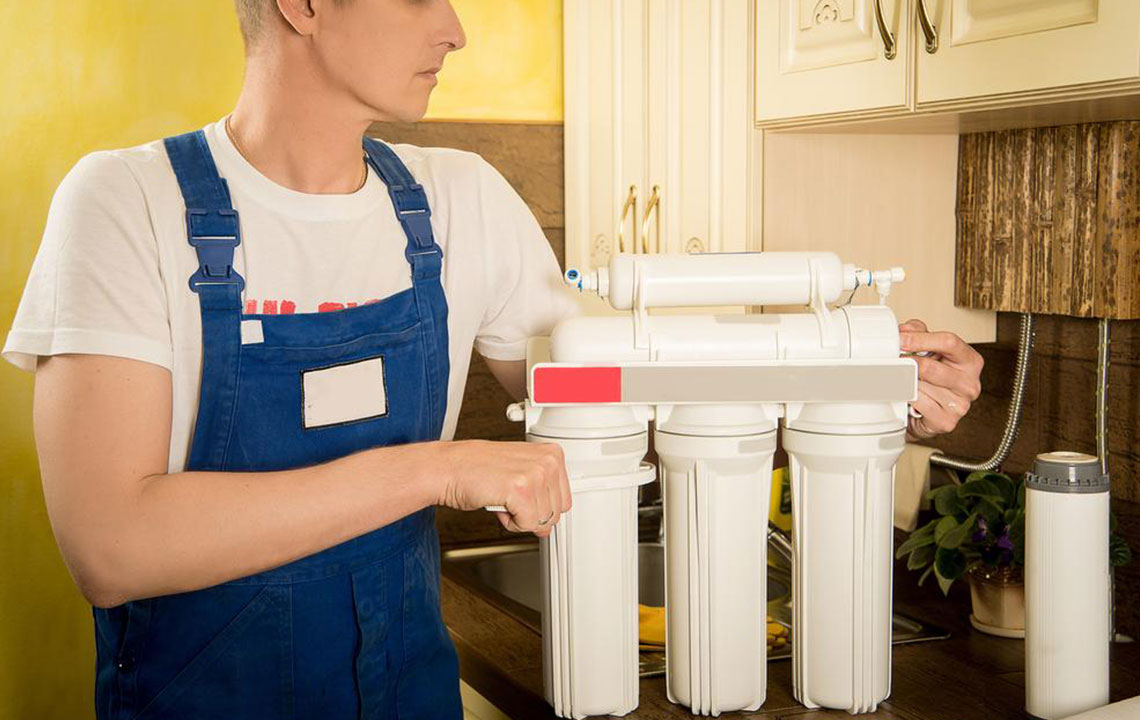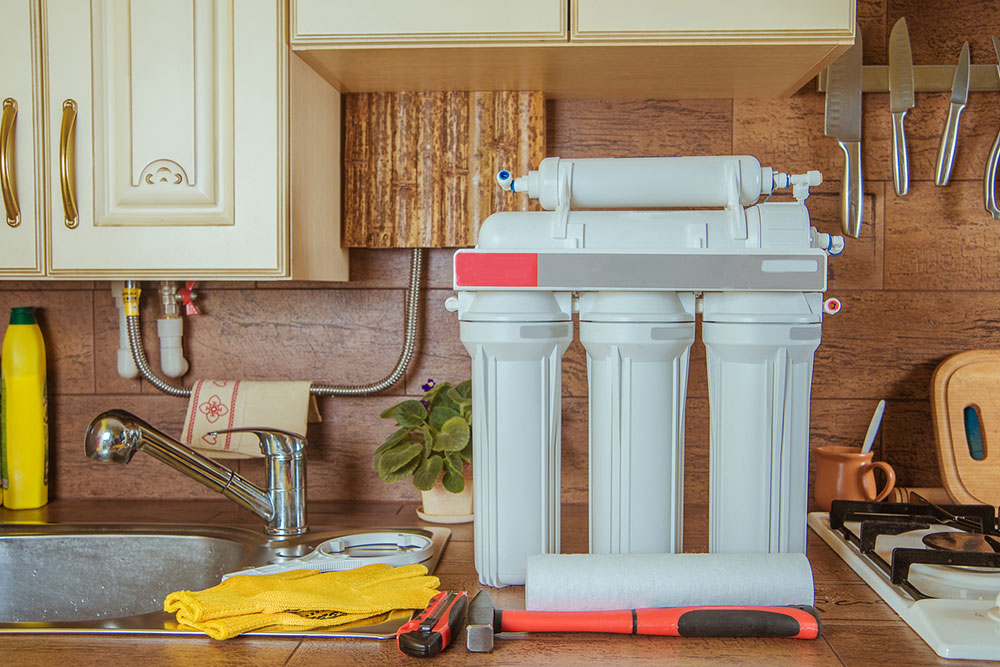Comprehensive Guide to Water Purification System Expenses
This detailed guide explains the costs associated with various water purification systems, including installation, maintenance, and long-term expenses. It helps homeowners and businesses choose the right filtration solution based on water quality, property size, and budget, ensuring access to clean and safe water with cost-effective options.
Sponsored
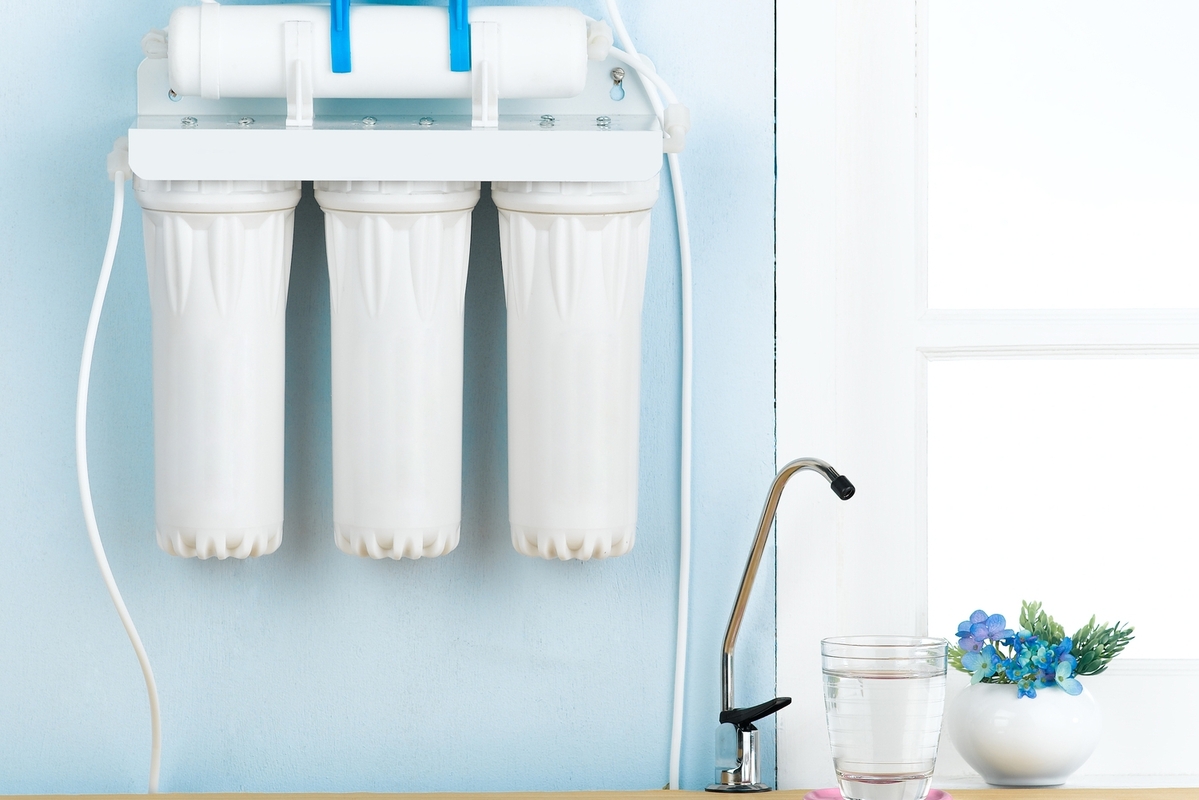
Ensuring access to clean and safe water is essential for homes, businesses, and industries alike. As awareness of water quality issues grows, many are investing in water purification solutions. Understanding the associated costs can be challenging due to the variety of options available.
This article explores the costs involved in installing, maintaining, and operating water purification systems. It covers factors impacting expenses, compares different types of filtration setups, and evaluates their effectiveness to help you choose the best option for your needs.
This information empowers homeowners, businesses, and professionals to select suitable water treatment solutions, balancing costs and performance.
Types of Water Purification Systems and Cost Estimates
Various systems are designed to target specific contaminants and suit different requirements. Let’s review common water purification options and their typical costs:
1. Point-of-Use (POU) Systems
Designed for single outlets like kitchen sinks or refrigerators, POU units are ideal for drinking and cooking water.
Common POU Types:
Activated Carbon Filters: These remove chlorine, sediments, VOCs, and chemicals.
Reverse Osmosis (RO) Units: Capable of eliminating lead, arsenic, fluoride, and other dissolved substances.
Typical Costs:
Activated Carbon Filters: $20 - $200
RO Systems: $150 - $500
Installation Expenses:
Activated Carbon: Often DIY, included in purchase price
RO Systems: $150 - $300 for professional setup
Ongoing Maintenance:
Carbon Filters: Replacement cartridges costing $20 - $80 every 6-12 months
RO Systems: Membrane replacements around $50 - $150 every 1-3 years; pre-filters every 6 months costing $10 - $30
2. Whole House Filtration Solutions
Installed at the point where water enters the property, these systems ensure comprehensive purification for all water outlets, suitable for large households or commercial sites.
Common Types:
Sediment Filters: Remove debris and particles
Activated Carbon Filters: Reduce chlorine, chemicals, and odors
Water Softeners: Eliminate calcium and magnesium, combating hard water
UV Purifiers: Disinfect by destroying bacteria and viruses
Estimated Costs:
Sediment Filters: $50 - $300
Activated Carbon: $300 - $1,500
Water Softeners: $400 - $2,500
UV Systems: $200 - $1,000
Installation Expenses:
Sediment Filters: $200 - $500
Activated Carbon: $500 - $1,500
Water Softeners: $500 - $2,000
UV Systems: $250 - $800
Maintenance Costs:
Sediment Filters: $50 - $150 for replacements every 6 months
Activated Carbon: $100 - $300 annually
Water Softeners: Around $5 - $10 monthly for salt
UV Sterilizers: Replacement lamps costing $50 - $150 every 1-2 years
3. Portable Water Purification Devices
Aimed at travelers and emergency scenarios, portable solutions include pitcher filters, bottled filter units, and purification tablets.
Approximate Costs:
Water Pitchers: $15 - $50
Portable Bottle Filters: $25 - $100
Purification Tablets: $5 - $15 for a month’s supply
Maintenance Expenses:
Pitcher Filters: Replacement filters costing $10 - $20 every 1-3 months
Bottle Filters: Replacement filters costing $15 - $30 every 3-6 months
Factors Influencing Water Filtration Costs
System expenses depend on water quality, property size, and specific needs. Contaminant levels, system capacity, branding, and installation complexity can significantly impact overall costs.
1. Water Quality and Specific Contaminants
Heavily contaminated water or presence of heavy metals, bacteria, or chemicals affects system choice and expenses. For instance, hard water requires softening and additional filtration, increasing costs.
2. System Size and Capacity
Larger systems or high demand setups cost more. Whole-house configurations are pricier than point-of-use units, reflecting their capacity to serve the entire property.
3. Brand and Features
Premium brands with smart features like auto-flushing or digital monitoring cost more but may offer savings in maintenance and convenience over time.
4. Installation Requirements
Complex installations for whole-home systems usually need professionals, adding to initial costs, while smaller systems may be DIY-friendly.
Long-Term Expenses of Water Filtration
Beyond initial investment, ongoing maintenance and replacements are essential. Over the years, operational costs can surpass installation fees, especially for systems like RO and softeners, which require regular upkeep.
Comparison Table of Water Filtration System Costs
| Type | Start-up Range | Installation Range | Maintenance |
|---|---|---|---|
| Point-of-Use | $20 - $500 | $0 - $300 | $20 - $150/year |
| Whole House | $50 - $2,500 | $200 - $2,000 | $50 - $300/year |
| Portable Devices | $5 - $100 | $0 | $10 - $30/year |
Choosing the right water treatment system involves assessing water quality, requirements, and budget. Proper testing helps identify specific contaminants and guides optimal system selection, ensuring safe drinking water for your household or business.
References:
EPA Water Quality Standards
Consumer Reports: Best Water Filters
National Sanitation Foundation (NSF)

